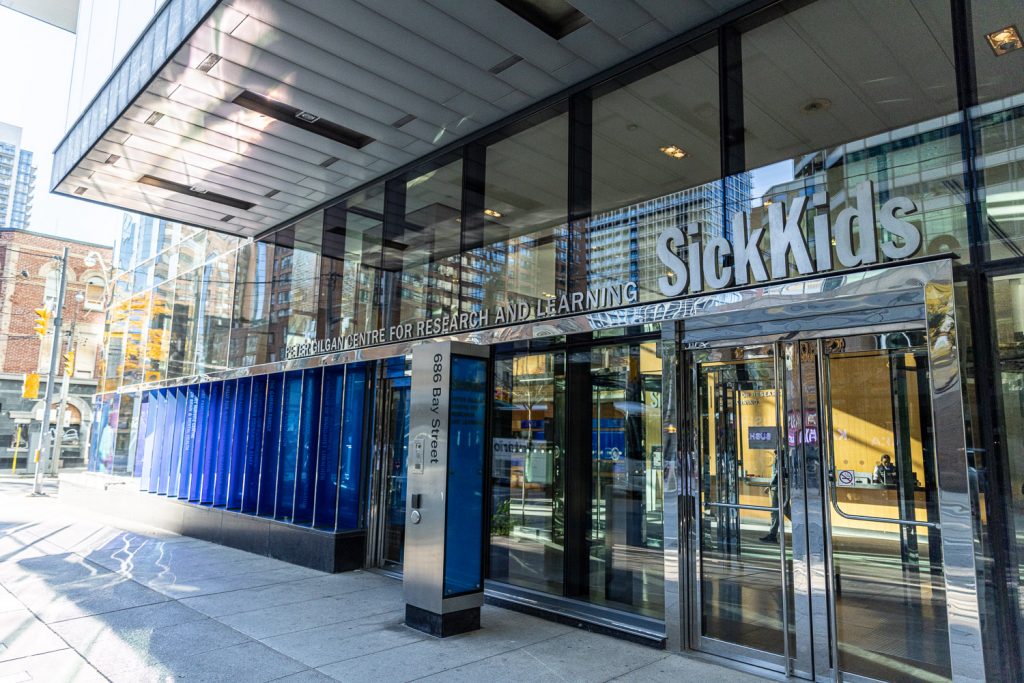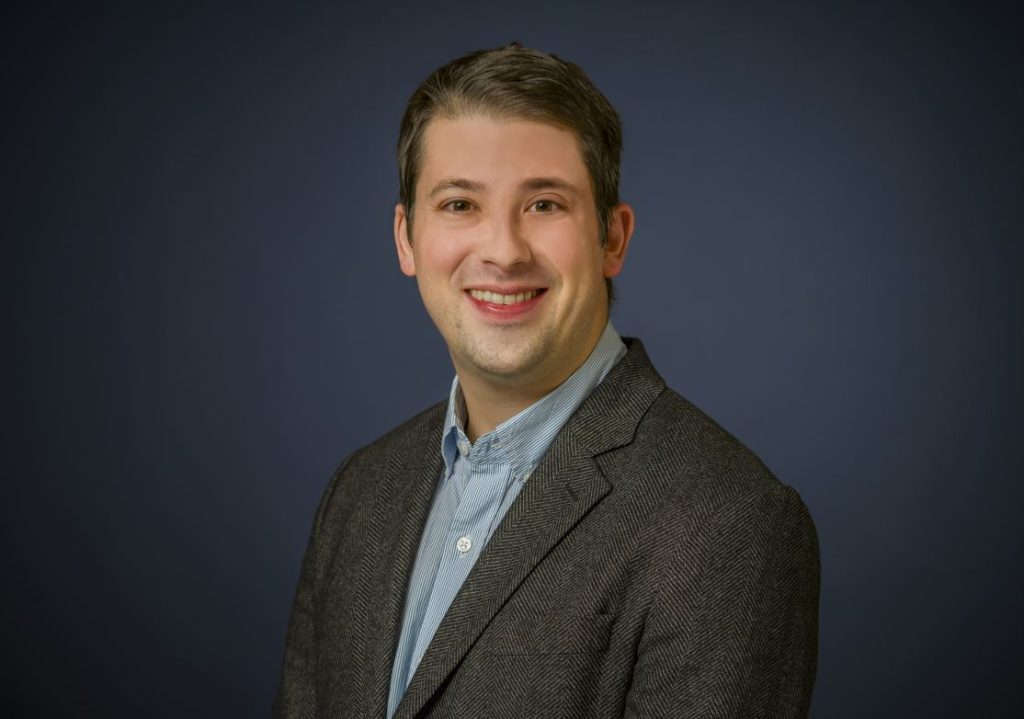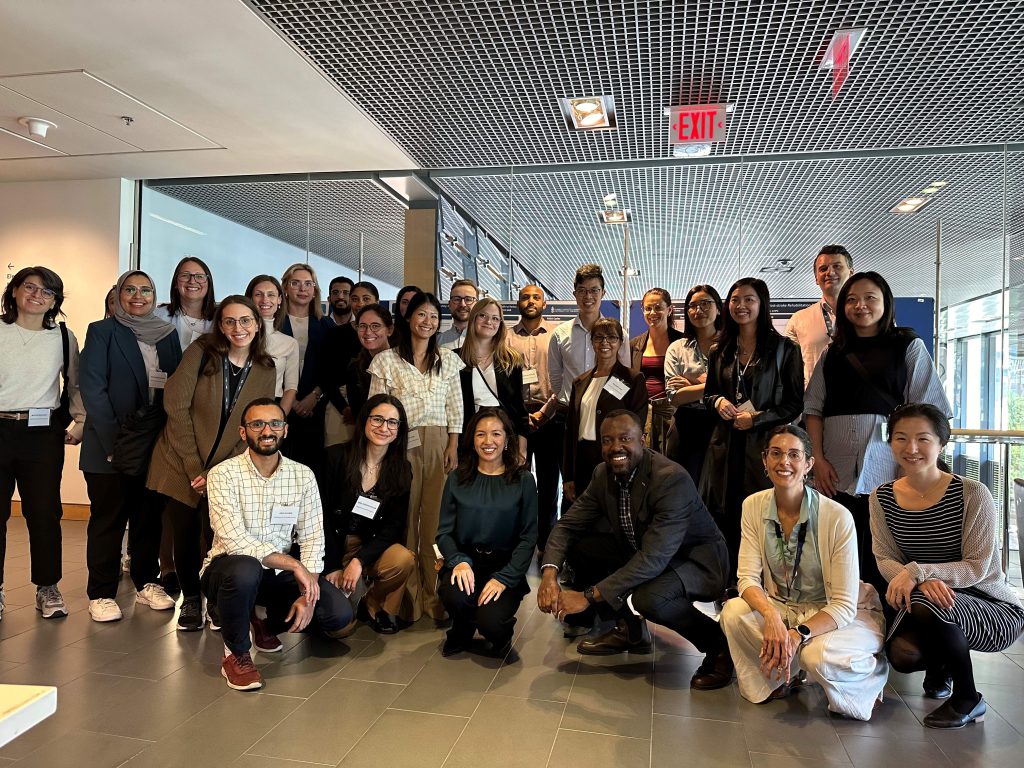The Sunnybrook Program to Access Research Knowledge (SPARK) for Black and Indigenous Medical Students launched in 2021 as a pilot in the department of medicine at Sunnybrook Health Sciences Centre. The program provides medical students with the connections to explore career opportunities in medical research and academic medicine while empowering those who have been historically underrepresented to compete more effectively for subspecialty residency placements as part of their Canadian Resident Matching Service (CaRMS) applications. Creating these equitable spaces and opportunities is an important aspect of quality improvement work and is one of the six core dimensions of healthcare quality.
We sat down with Nimi Durowaye, a medical student with the Temerty Faculty of Medicine, who is participating in the SPARK program and selected CQuIPS’ Dr. Amanda Mayo has her supervisor.
How did you hear about the SPARK program and how did Dr. Mayo’s project on Long Term Care+ (LTC+) connect with you personally?
I first heard about SPARK during my first year of medical school at the University of Toronto. I received an email to attend an information session about the program and signed up immediately, as I was eager to learn more about this incredible opportunity. During this session, I gained a better understanding of the mission and goals of the program, and I also heard the testimonies from past participants. I was thrilled to see its impact on my peer’s education and exploration of career opportunities. The program’s mission aligns perfectly with several of my values such as research, intellectual curiosity, mentorship, and EDI, so I applied for the program and became part of 2023/2024 cohort.
We were given a list of available projects to participate in, and CQUIPS and Amanda Mayo’s work with Long Term Care + immediately stood out to me. I ranked it as my top choice and was matched with Dr. Mayo. My initial interest in this specific project stemmed from the fact that I had spent several years in high school volunteering in long-term-care homes, and throughout my first year of the MD program, the curriculum emphasized how vulnerable the elderly population can be in terms of risks of falls, fractures, and injuries in general. I wanted to learn more about the development of the Fracture Pathway and participate in their mission to reduce emergency department transfers via onsite X-rays and rapid access orthopedic consults for residents with eligible fractures. Furthermore, I had not yet learned much about quality improvement as it was not heavily emphasized in the MD curriculum yet. I noticed that the project description included educational sessions on QI and one-on-one meetings with Dr. Mayo, and I saw this as an amazing opportunity to learn and be mentored by experts in the field.
Tell us a little bit about your goals when entering the program and new ways of thinking that you may have adopted:
My main goals coming into the program were to participate in and contribute to a research project and improve my knowledge and understanding of QI in general. I can confidently say that I have accomplished this, and so much more. At the start of the program, my main responsibility was to assist in re-designing the current fracture pathway education materials for LTC providers. I used online editing software to create an engaging training video as well as a simple, visually-appealing poster for the program. I had weekly meetings with Dr. Mayo and other members of the LTC+ team which included a project manager, nurse navigator, nurse-led outreach team members, and occupational therapists to receive feedback on the materials and implement any necessary changes. Also, I had the incredible opportunity to also shadow Dr. Mayo twice. She is a staff physician who specializes in physiatry (sports and rehabilitation medicine) at Sunnybrook’s main campus as well as at St. John’s Rehab. Many of her patients are amputees and had also experienced fractures caused by various illnesses and injuries. This was my first time shadowing this specialty, and it was great to see her, and her team (composed of nurses, resident doctors, medical students, and prosthetists) collaborate to provide high quality care for their patients. Through this experience I improved my understanding of the common causes of limb amputations, medical care for amputees, as well as rehabilitation of musculoskeletal injuries. Before shadowing her, I hadn’t really considered physiatry for myself, but now it’s high on my list of possible medical specialties to pursue after graduation.
How has your experience deepened your engagement with your academic/medical research work in QI?:
I met with other members of the larger CQuIPS team and was given the opportunity to be involved in the early stages of a scoping review study investigating the extent to which equity considerations are made for QI initiatives done in various healthcare settings. Seeing as EDI is something I am very passionate about, I expressed my eagerness to participate in the study, and received one-on-one training as well as various educational materials to improve my understanding of QI. I also took advantage of the opportunity to engage in discussions with the experts at CQuIPS to deepen my understanding and clarify any questions I had. The team at CQuIPS were very welcoming, kind, and compassionate. They were patient and took every opportunity to pause and make sure I understood the concepts and provided me with great explanations and examples for particularly challenging concepts. They also demonstrated exactly how to conduct the review using the software (Covidence) and allowed me to practice and receive feedback before starting to review independently. I’m currently working on the review, and by reading through several of the articles, I’ve learned so much about QI and have found various examples of the concepts I was introduced to earlier in the program.
Throughout the program I’ve also been invited to attend CQUIPS education sessions and monthly speaker series for ongoing QI learning which have been very valuable. It’s great to be able to listen to experts on the topic and see how they have used different QI concepts to make improvements in their specific field of work. The wonderful thing about QI is that is applicable to all fields in medicine, and I know that the knowledge I’ve gained through working with SPARK and CQuIPS is highly relevant and I will use it to make meaningful changes throughout my future career as a physician.
We look forward to continue working with you and witnessing the wonderful work throughout your career Nimi!
For more information about the SPARK Program, visit the Sunnybrook website here:
https://sunnybrook.ca/research/content/?page=sri-edu-spark



